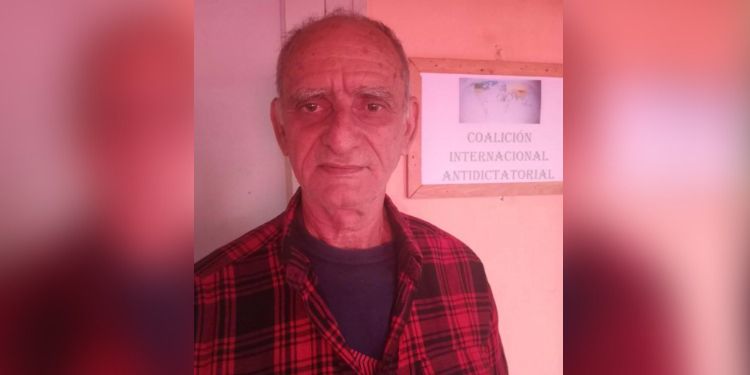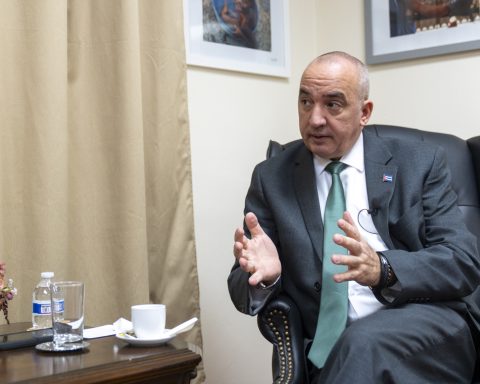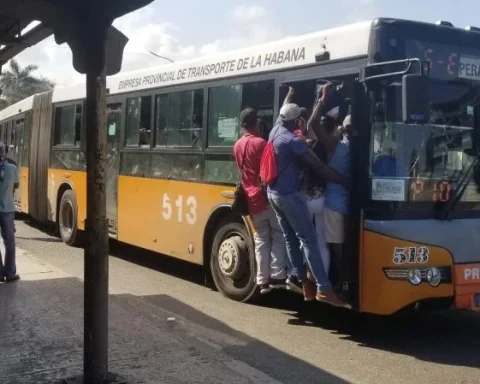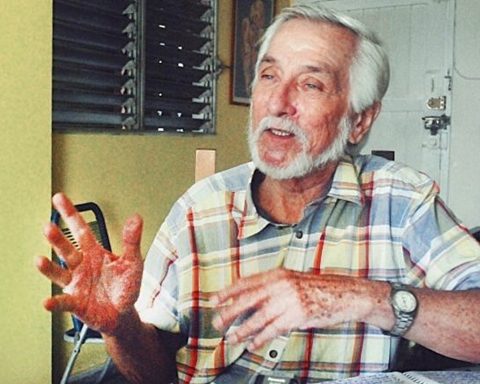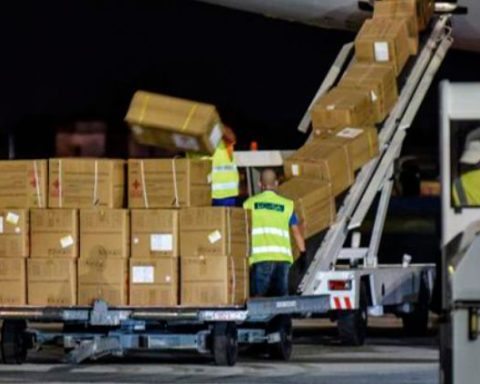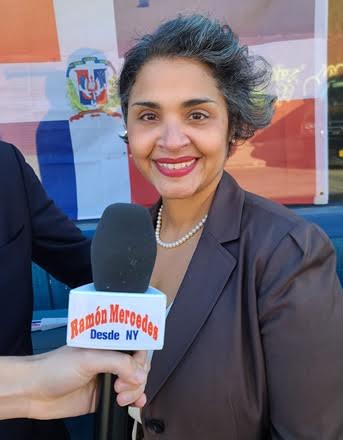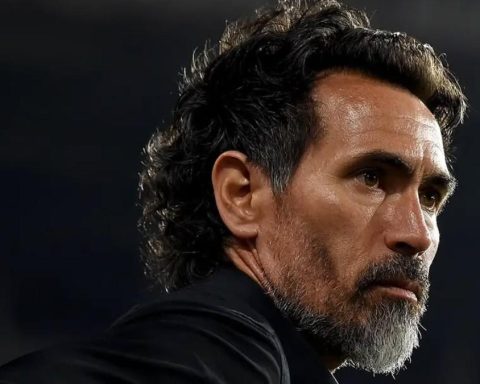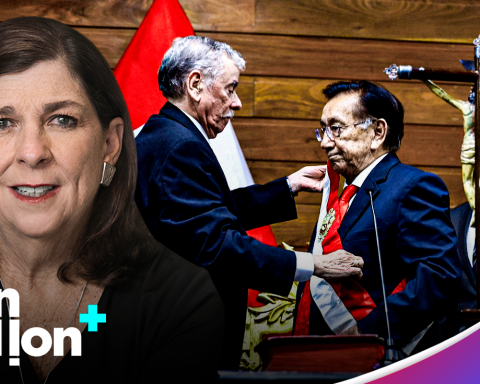Havana Cuba. – José Alberto Álvarez Bravo, coordinator of the International Anti-Dictatorial Coalition, tried to carry out, in 2014, a judicial process against the Cuban Telecommunications Company (ETECSA).
No Court, of course, condemned the Cuban regime’s telecommunications monopoly, but at least the lawsuit was filed in court based on ETECSA’s breach of Álvarez Bravo’s prepaid cell phone contract.
The cut
In 2014, after several months of harassment and repression, State Security decided, through ETECSA, to suspend the opposition’s mobile phone service, a practice against Cuban independent journalists and activists that, instead of disappearing, has become more habitual.
According to the activist, the reason for cutting off his service was his participation in a digital space called “Cuba Demands,” a project in which video interviews were recorded with members of independent civil society who gave their opinion on which model of society the Cubans wanted.
“It all started in 2011. I live one block from the Refugee Section of the United States Embassy, which at that time was on J and Malecón, so many people from independent civil society and others who wanted was to leave the country, they began to meet at my house”, he says.
Precisely, the repression of the Political Police began when the group of more than 20 people created a public space called “Citizen Evening”.
“From that moment on, the regime’s agents began to operate violently and, since we could no longer get together in a physical space like the parks, we decided to do it in a digital space and we created ‘Cuba Demands’.”
The counterattack against “Cuba Demands,” according to Álvarez Bravo, was the creation, on the primetime newscast of Cuban Television, of a program called “Cuba Says.”
“Later on, the attack was directed against me, because they suspended my telephone service, that is, they closed my line,” he says.
On January 6, 2014, Álvarez Bravo went to the ETECSA office located at 17th and A streets in Vedado to find out the reason for the failure of his telephone line. There they told him that his line had “an operational problem” and they sent him to what was then the Cubacel Management, on 28th Street, between 5th and 7th, in Miramar. Until then he was accompanied by the opponent Manuel Cuesta Morua.
“He had been denouncing the fact that his mobile phone communication had been blocked for some time. We went there and they gave him quite strange attention: they told him that someone was going to contact him to try to solve the matter, but in the end everything was left in words and promises, “says Cuesta Morúa.
The opposition leader also recalls that at that time Álvarez Bravo had developed “one of the most stressful actions in the opposition, which was to summon people to meet in the parks, to make public the expression of dissent and normalize the work of civil society”.
“The government sanctioned him for his civic action and they never restored his telephone number, so he had to get another one,” Cuesta Morúa points out.
the legal process
Due to the inaction of ETECSA regarding the suspension of his line and the non-compensation of his balance (about 200 CUC), Álvarez Bravo decided to hire a lawyer to represent him legally in a lawsuit against the company.
“The lawyer went through different places and in the end, at the ETECSA headquarters, in the Miramar Business Center, they told her that my line did not have any technical problem, that they did not understand my complaint and that they were going to study the case. “, bill.
From that moment on, Álvarez Bravo and his lawyer decided to initiate a lawsuit against ETECSA in court for violating the rights of a client and breaching his contractual obligations.
CubaNet contacted the lawyer hired by Álvarez Bravo, who answered some of the questions in this medium and agreed to refer to the case if her name was omitted.
“The hearing did not develop the process because the lawsuit, which asked ETECSA to resume the contract with its client and, if it did not do so, return the money that it had as a balance, had an amount less than 10,000 pesos, which is the figure for which a process is presented in the Provincial Court, “explained the lawyer.

However, despite the fact that the Second Civil and Administrative Chamber of the People’s Provincial Court of Havana agreed “not to admit or substantiate” the lawsuit brought by Álvarez Bravo, a year later the Telecommunications Company changed its current contract in that time.
The opponent considers that this was the result of his actions against the company, but his lawyer is not so categorical: “I have no idea, really, because ultimately the lawsuit did not prosper,” he assured this medium.
However, the facts are clear: Álvarez Bravo had signed his contract with ETECSA in 2009 and five years later, at the time of the lawsuit (2014), there were only 15 clauses in the document. In May 2015, when hiring a new telephone line, he already had to sign a new contract with 32 clauses and an annex, which remains in force to this day.
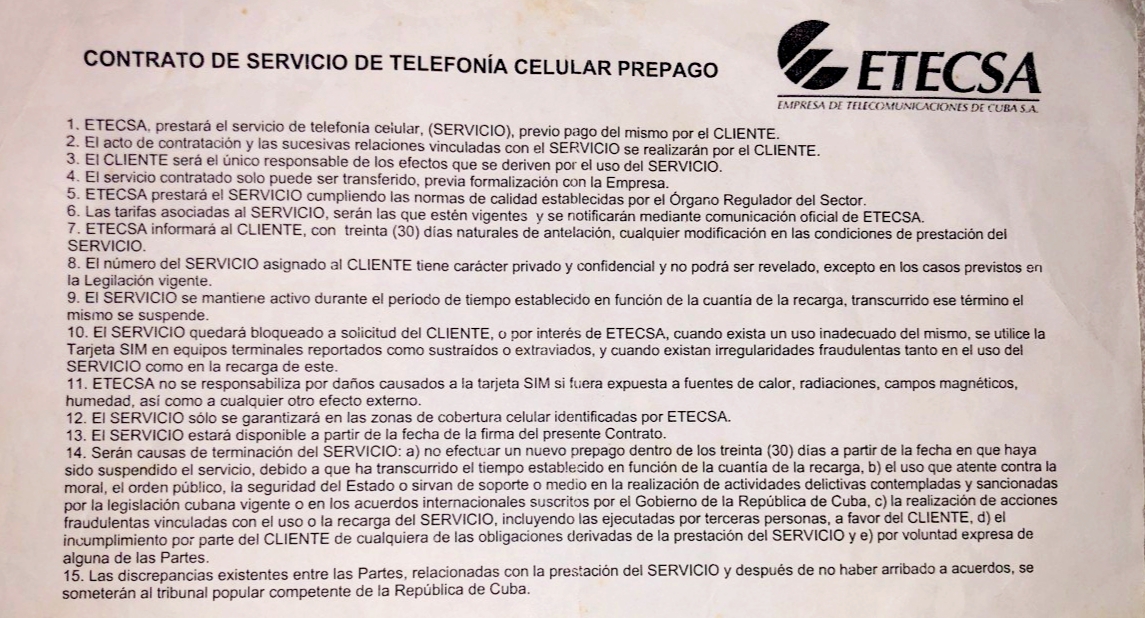
This reporter asked ETECSA, through its Twitter profile, what had been the causes of the update of the contract in 2015 and, although the company responded, it avoided referring to the specific cause of that change.
“The contract (…) is dynamic and is based on the legislation established by the country’s regulatory bodies, so it is modified according to the evolution of existing services, as well as new ones that arise”, the company simply responded.
For José Alberto, “what is different from the initial contract is that here they clearly tell you that the money you have in the account will not be returned to you, and that was one of the reasons that we explained to the Court. In addition, in the 15 clauses there is no mention of what will happen in the event that there is a definitive interruption in the service”.
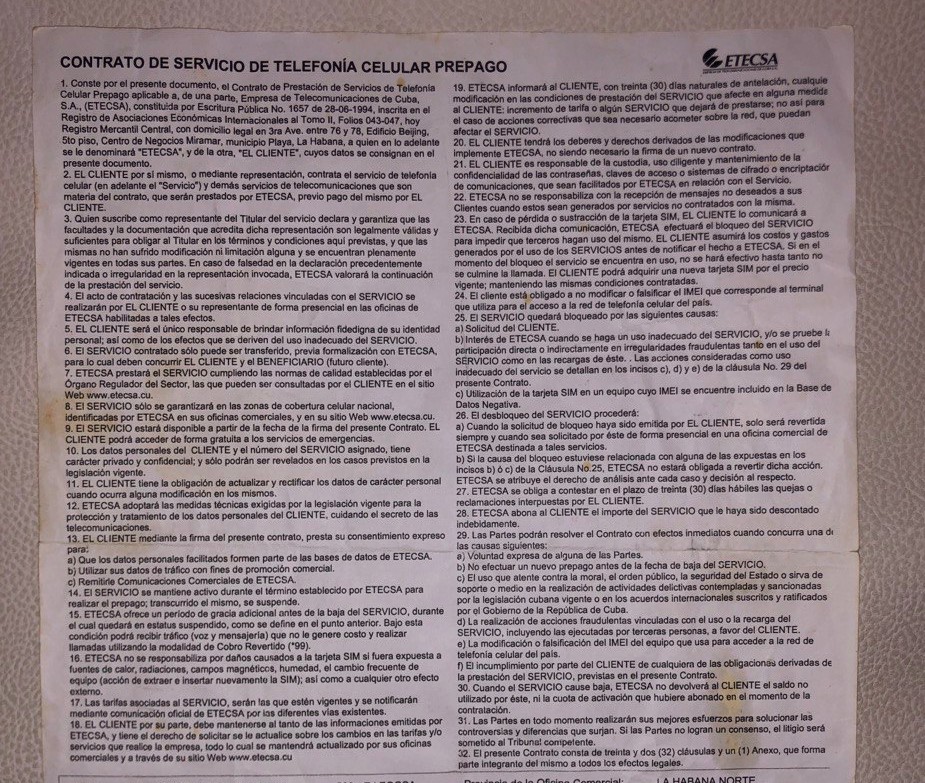
Sue ETECSA?
According an article from The Legal Touch published in July 2021, “most commercial contracts establish an internal conflict resolution mechanism that allows the affected party to demand a response about the non-compliance of its counterpart and ETECSA has this tool in the contract it offers to its clients” .
That medium also explains that a claim for breach of service contract can be filed with a Court because “the conflicts of the parties can be aired outside the contractual relationship before an ‘impartial’ third party.”
According to Julio Ferrer Tamayo, a lawyer from the Cubalex Legal Information Center, “ETECSA is a private entity which provides a public service, fixed and mobile telephony in Cuba, an activity that it carries out given the administrative concession granted by the Cuban State, for what a citizen can perfectly sue for breach of their contractual obligations protected by article 7 of Law No. 142 of the Administrative Process”.
Likewise, the lawyer alleges that there are no more lawsuits in the Cuban context due to the legal ignorance of citizens regarding issues like this.
“The common citizen to establish a lawsuit of this nature, must be represented by a lawyer who must be a member of the National Organization of Collective Law Firms, and who are generally reluctant to contract matters of this nature in which the defendant is the State or some of its dependencies”, clarifies Ferrer Tamayo.
However, for Giselle Morfi, also a lawyer for Cubalex, people do not sue ETECSA “because they believe (rightly) that the Court will side with the administration and that distrust often makes them not do so.”
“It is a very disparate fight because since this is the monopoly of communications in Cuba, the person cannot change companies and then that is another cause that prevents people from exercising their fundamental rights,” he explains.
In addition to the lawsuit filed by Álvarez Bravo, so far there is no known case of any other Cuban who has tried to start this process against the monopoly of communications, according to what they told CubaNet several independent lawyers, as well as opponents and activists consulted.
Álvarez Bravo, almost a decade after his lawsuit against the state telecommunications monopoly on the island, is still waiting for “the day when the right of the citizen is a priority for the State,” he tells CubaNet. “The day when everything that is legislated and done in our country has the interest and right of the citizen as its fundamental center,” he concludes.
Receive information from CubaNet on your cell phone through WhatsApp. Send us a message with the word “CUBA” on the phone +1 (786) 316-2072, You can also subscribe to our electronic newsletter by giving click here.
